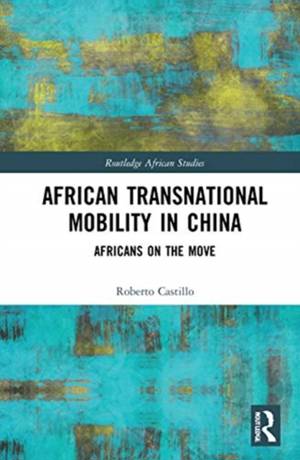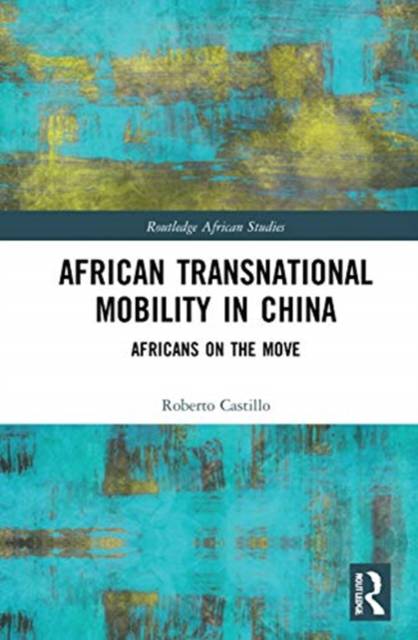
- Retrait gratuit dans votre magasin Club
- 7.000.000 titres dans notre catalogue
- Payer en toute sécurité
- Toujours un magasin près de chez vous
- Retrait gratuit dans votre magasin Club
- 7.000.000 titres dans notre catalogue
- Payer en toute sécurité
- Toujours un magasin près de chez vous
Description
Considering the African presence in China from an ethnographic and cultural studies perspective, this book offers a new way to theorise contemporary and future forms of transnational mobilities while expanding our understandings around the transformations happening in both China and Africa. The author develops an original argument and new theoretical insights about the significance of the African presence in Guangzhou, and presents an invaluable case study for understanding particular modes of transnational mobility. More broadly, it challenges forms of (re)presenting and producing knowledge about subjects on the move; and it transforms existing theorisations and critical understandings of mobility and its shaping power. Through an ethnographic approach, the book brings us closer to a number of practices, features and objects that, while characterising the lives of Africans in Guangzhou, are also evidence of the interplay between individual aspirations, and the structural constraints embedded in contemporary regimes of transnational mobility. Raising critical questions about ways of (un)belonging in the precarious settings of neoliberal modernity and the future of African mobilities, this book will be of interest to scholars of transnational, African and Chinese Studies.
Spécifications
Parties prenantes
- Auteur(s) :
- Editeur:
Contenu
- Nombre de pages :
- 184
- Langue:
- Anglais
- Collection :
Caractéristiques
- EAN:
- 9780367482268
- Date de parution :
- 30-12-20
- Format:
- Livre relié
- Format numérique:
- Genaaid
- Dimensions :
- 156 mm x 233 mm
- Poids :
- 452 g







